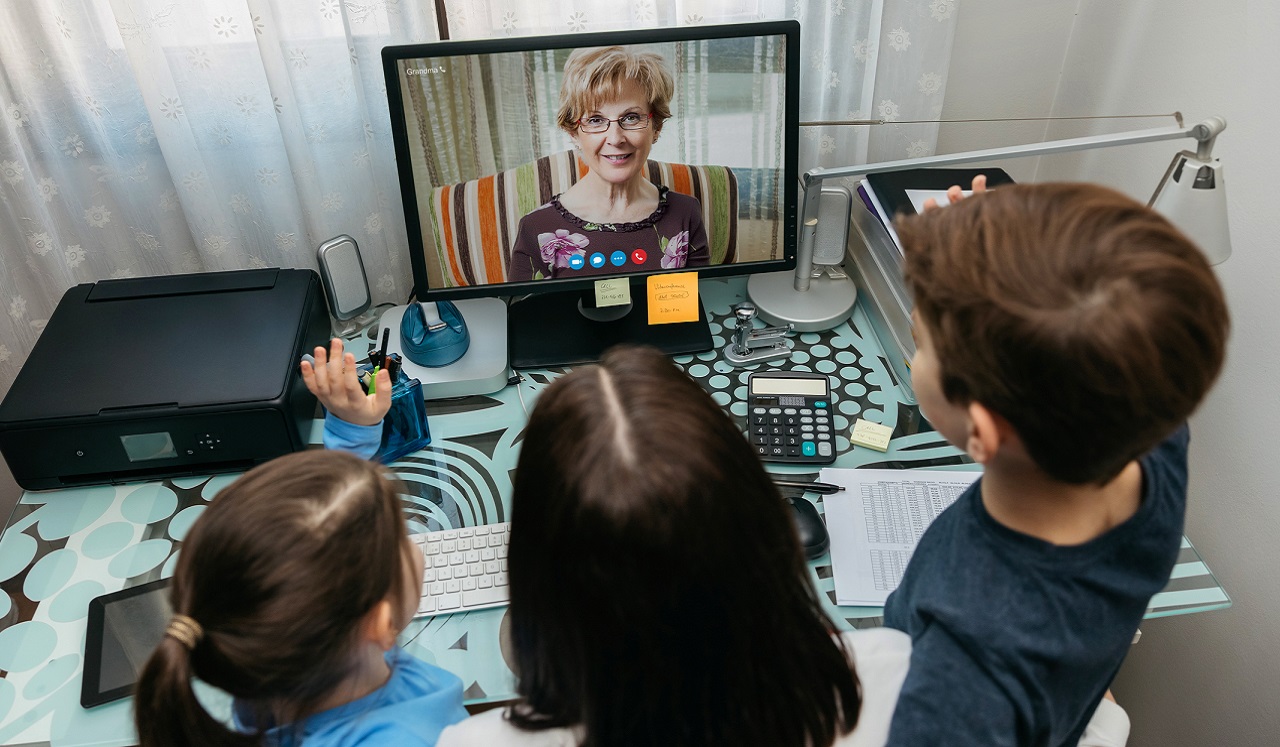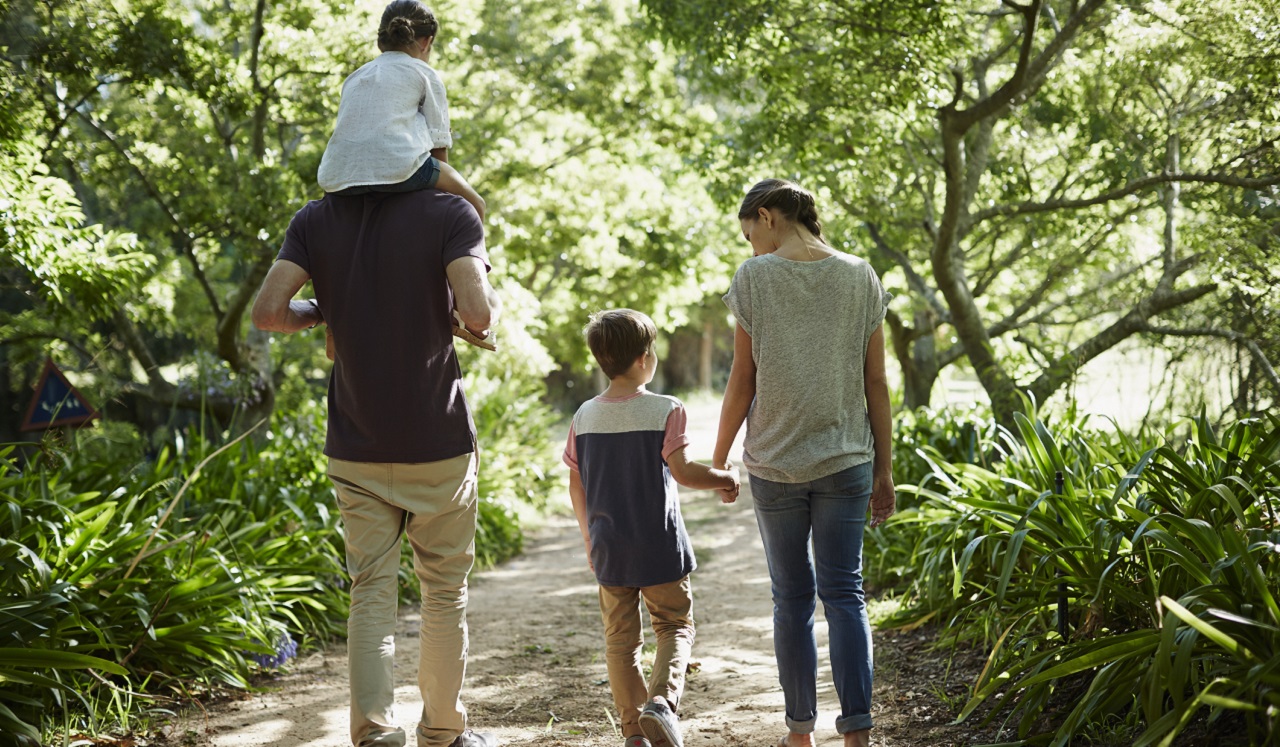May 22, 2020
Adults 65 and older are at higher risk for severe illness and for developing more serious complications from COVID-19. And the risk is even greater if they have preexisting medical conditions, such as heart or lung disease, diabetes or cancer.
As summer approaches, stay-at-home orders are lifted and we begin to shift to a new normal, how can we protect our older loved ones, including our parents and grandparents? Memorial Hermann Medical Group Fairfield’s primary care family medicine physician, Toni Odumosu, MD, offers tips for keeping our older loved ones safe.
- Don’t visit if you’re sick. Anyone in the family experiencing any symptoms of COVID-19, including a cough, fever, shortness of breath, body aches or diarrhea, should not visit an older family member and should self-quarantine for two weeks before doing so.
- Keep your distance. While there’s nothing better than a warm embrace, especially after being apart for so long, for now—at least until COVID testing becomes more readily available—the safer bet is to a avoid physical contact, says Dr. Odumosu.
- Wear personal protective gear. Even when mask orders are lifted, it’s a good idea to wear a mask and gloves around seniors. “There have been many studies on whether physical barriers reduce transmission risk, and the overwhelming answer is ‘yes,’ they do,” she says.
- Wash your hands, frequently. Every member of the family should wash their hands for at least 20 seconds with soap and water before visiting a senior, and frequently during the visit, to prevent the spread of infection. Taking a shower before visiting is also a good idea, she says.
- Leave the packages for a while. To minimize chances of infection from surfaces, she suggests setting non-perishable groceries aside for 2 to 3 days before using them.
- Consider virtual visits. If your loved one is able, set him or her up with a smart phone, tablet or computer for virtual visits. “While stay-at-home orders have been in place, I’ve seen many of my patients, including my senior patients, virtually. Their kids and grandkids get them set up, and I’ve been impressed with these patients’ ability to communicate in this fashion,” she says.
- Be mindful. In the end, contact with seniors should be carefully considered on a case-by-case basis, says Dr. Odumosu. “These are tough decisions. A parent who travels a lot might expose their child and/or Grandma, who’s been asked to babysit, for instance, or, when school resumes, a child might get exposed then expose the grandparent. It’s not black and white, but we need to be mindful,” she says.
For more tips on how to prevent the spread of COVID-19 among family members, visit the Memorial Hermann Coronavirus (COVID-19) Resource Center.
The information in this article was accurate as of April 22, 2020.


